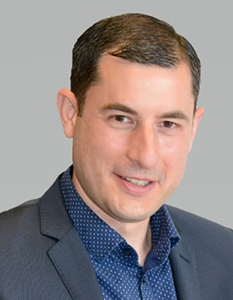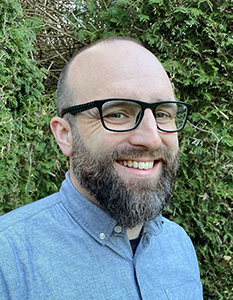Programme
Venue: lecture hall and seminar building Z6 - Campus Hubland Süd - show on maps PL = plenary lecture, O = oral presentation, H = How-To lecture

Plenary Lecture
"Geometrically constrained phosphines and fluorophosphonium ions for frustrated Lewis pairs catalysis"
Prof. Guillaume BERIONNI
Chemistry department, Namur Institute of Structured Matter
University of Namur, Belgium
Prof Berionni received in 2010 his PhD from the University of Versailles (Lavoisier Institute). He then moved to the Ludwig Maximilian University of Munich as a Humboldt postdoctoral fellow under the guidance of Prof. Herbert Mayr and Prof. P. Knochel. His post-doctoral, and independent research has been supported by the Alexander-von-humbolt and the DAAD foundations. He was awarded in 2014 the post-doctoral prize of the Römer foundation at the Faculty of Chemistry of LMU Munich.
Since 2017 he is Professor of chemistry at the University of Namur (Belgium), where he is managing a group of 10 researchers. He is one of the recipients of the 2021 Thieme Chemistry Journals Award, and he was awarded the same year an ERC consolidator grant for developing new catalysts based on main-group elements. His research interests are organophosphorus and organoboron chemistry, main-group compounds, and organometallic reactivity.

Plenary Lecture
"Harnessing phosphorus-nitrogen bonds for biodegradable material design"
Prof. Dr Ian TEASDALE
Institute of Polymer Chemistry (ICP)
Johannes Kepler University
Linz, Austria
Prof. Dr. Ian Teasdale is a synthetic polymer chemist specialized in degradable polymers for medical applications. After obtaining an MChem degree in chemistry after studying at the University of Sheffield (UK) and Heidelberg University (Germany), he completed his Ph.D. in chemistry at the University of Manchester (UK) in 2008, where his research focused on the synthesis of high-performance polyaryletherketones under the supervision of Michael L. Turner. After his Ph.D., he worked as a postdoctoral researcher on functional polymers at the Johannes Kepler University Linz (Austria) where he was subsequently promoted to associate professor. His research focuses on the synthesis of inorganic (phosphorus, boron, silicon and metal containing) polymers and their use as degradable or recyclable polymers.





